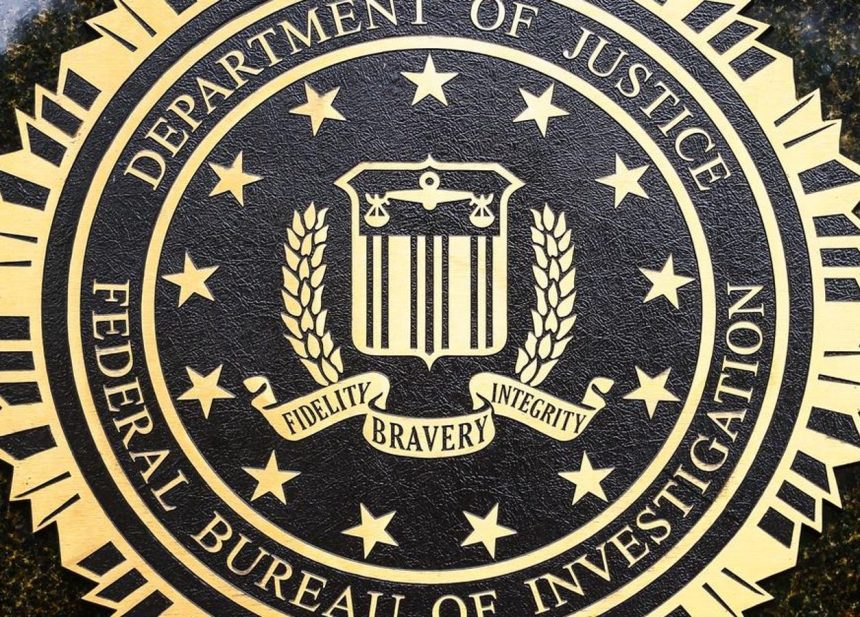The opening weeks of 2025 have witnessed a surge in AI-powered cyberattacks, underscoring the escalating threat landscape. While large-scale attacks orchestrated by nation-state actors remain a concern, the most immediate danger for individuals stems from everyday threats exploiting human vulnerabilities. A prime example is the rise of “phantom hacker” attacks targeting both Apple and Android devices. This sophisticated scam involves spoofed calls appearing to originate from a victim’s bank, often displaying the correct caller ID, creating a convincing illusion. Victims are tricked into transferring funds to supposedly protect their accounts from a non-existent hacker. The sophistication of these attacks is alarming, even ensnaring tech-savvy individuals. The core message is clear: trust no unsolicited communication, regardless of how authentic it appears.
This wave of spoofed call attacks shares a common thread. Reputable organizations like Google and major banks consistently emphasize that they will never proactively contact customers to request money transfers or troubleshoot technical issues. This principle extends across industries, including tech support services. Microsoft has recently deployed an AI-powered update to Windows specifically designed to intercept such “scareware” attacks, which often involve fraudulent support calls leading to financial losses exceeding a billion dollars annually, according to the FBI. The FBI’s unequivocal stance is that legitimate organizations never initiate unsolicited contact. This holds true without exception.
Ironically, even law enforcement agencies have become entangled in these scams, both as targets and unwittingly as tools for the perpetrators. U.S. Customs and Border Protection (CBP) has reported receiving numerous calls from individuals targeted by scammers impersonating CBP officers. Similarly, fraudsters posing as police officers have targeted elderly victims, manipulating them into transferring money or handing over valuables as part of fabricated investigations. These scams often involve instructing victims to dial emergency services (911 or equivalent), but the fraudsters remain on the line, intercepting the call and impersonating the emergency operator.
The advice from CBP and other law enforcement agencies mirrors the guidance from banks and tech companies: never trust unsolicited calls demanding money or personal information. Caller ID cannot be relied upon, as scammers can easily spoof numbers. The recommended course of action is to independently verify the legitimacy of any contact by contacting the organization directly through official channels, such as their website. Never return calls using numbers provided by the caller or in unsolicited messages.
Recent reports highlight the escalating audacity of these scams, with fraudsters increasingly impersonating law enforcement officials. While genuine law enforcement contact might sometimes be unsolicited, they will never solicit money or goods. Individuals always have the right to verify the legitimacy of such calls by contacting the relevant agency directly through publicly available contact information. Examples of these scams include a case in Ventura County, California, where a fake “Sergeant Locker” tricked victims into paying fictitious court fees via Bitcoin ATMs. Similarly, the Baltimore County Police Department has issued warnings about scammers impersonating police officers and demanding immediate payments.
The Manatee County Sheriff’s Office in Florida has also reported similar scams, with individuals impersonating government officials demanding payment for various fabricated reasons, from speeding tickets to outstanding warrants. These incidents underscore the pervasiveness and evolving nature of these scams. Tech platforms are responding to this evolving threat landscape. Google, for instance, has introduced call defense features in the latest Android version, using on-device AI to identify and flag potential scams. Furthermore, Android now prevents users from disabling sideloading protection during calls, a tactic often employed by scammers to install malicious apps.
The overarching message is to maintain a high level of skepticism towards any unsolicited communication, regardless of the apparent source. If you receive an unexpected call, email, or text message requesting personal information or financial transactions, assume it is a scam. Do not engage with the caller; simply hang up. Remember that legitimate organizations will never initiate such contact. Adhering to the FBI’s advice offers the best protection against these increasingly sophisticated scams.
Should you fall victim to a scam, the FBI recommends taking the following steps: Run up-to-date antivirus software to detect and remove any potentially malicious software installed by the scammers. Consider seeking professional assistance to clean your computer. Contact your financial institutions immediately to report the incident and take steps to protect your accounts and identity. Change all passwords if the scammer had access to your devices. Be prepared for potential follow-up attempts by scammers, as they often share victim information. Retain all original documentation, emails, faxes, and communication logs related to the incident. These records can be crucial in subsequent investigations and recovery efforts.



